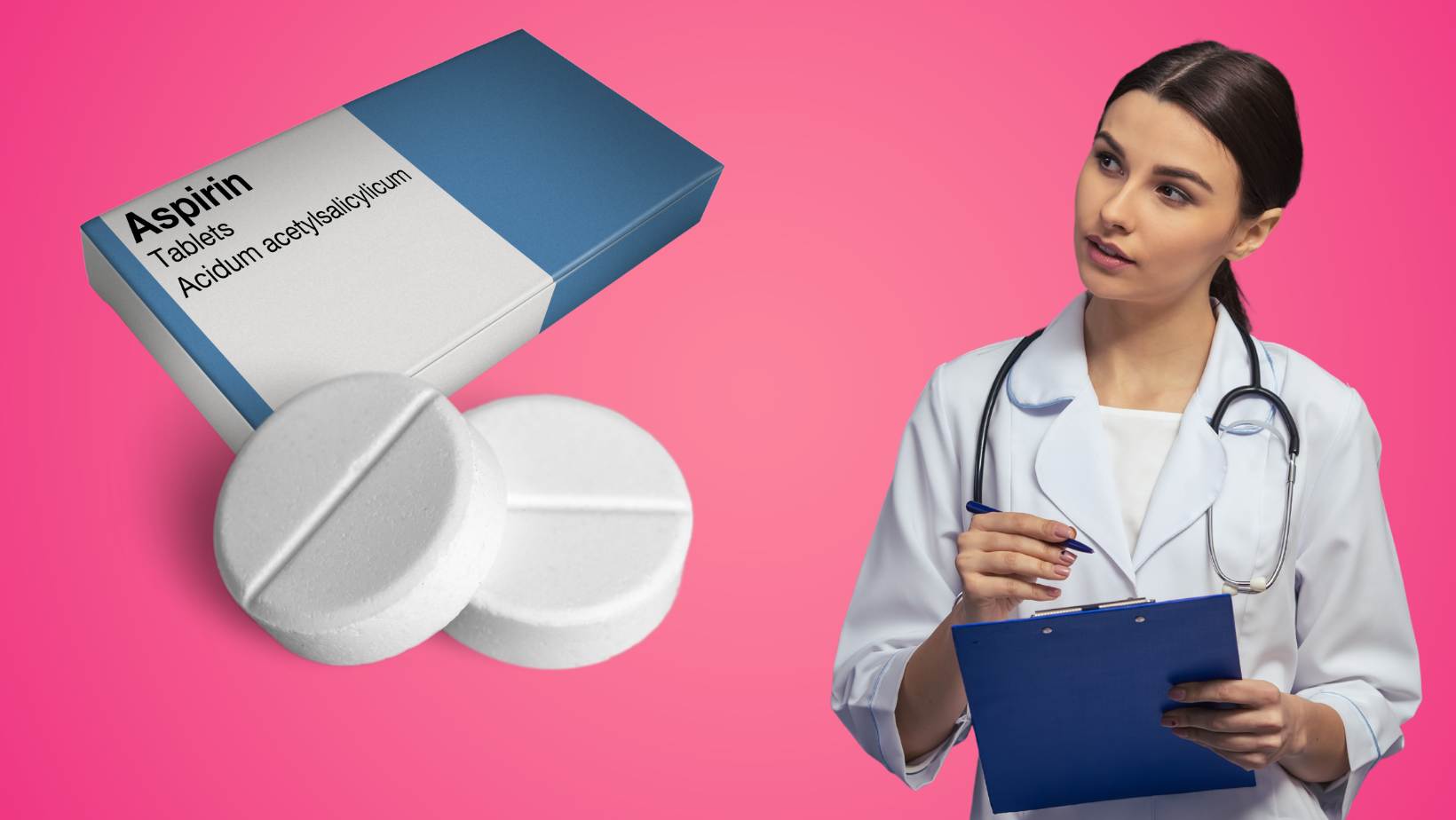For years, many of us have been popping a daily baby aspirin, believing it was one of the simplest ways to protect our hearts. But according to groundbreaking research, for the majority of healthy adults, the risks of daily aspirin may outweigh the benefits. I sat down with cardiologist Dr. Mike Heffernan to get the inside scoop on who should be taking aspirin, and who may be better off without it.
When Daily Aspirin Can Save Lives
Let’s start with the scenarios where aspirin is a definite DO. “If you’ve ever had a cardiac event, like a heart attack or stroke, or if you’ve undergone a procedure like bypass surgery or angioplasty, you’re considered high-risk,” explains Dr. Heffernan. “For these patients, a daily low-dose aspirin is strongly recommended to prevent future complications.”
The magic of aspirin lies in its impact on platelets, the blood component responsible for clotting. Aspirin makes platelets less “sticky,” allowing blood to flow more easily through narrowed or damaged arteries, lowering the odds of a dangerous blockage.
The Aspirin Sweet Spot: 75-81 Milligrams
Now, when we say “baby aspirin,” we’re not talking about a dose for infants. In the US, a baby aspirin clocks in at 81 milligrams, while in Europe, the standard low dose ranges from 75 to 80 milligrams. This may seem negligible, but when it comes to medication, precise dosing is paramount.
The Surprising Risks for Healthy Adults
Here’s where things get interesting. For decades, even healthy adults were advised to take a daily aspirin for heart disease prevention. It seemed like a no-brainer – an easy, inexpensive way to dodge a future heart attack. But recent studies have called this practice into question.
“Several years ago, a landmark study divided a large group of low-risk individuals into two cohorts: one taking daily aspirin, the other not,” Dr. Heffernan recounts. “The results were eye-opening. While the aspirin group did see a slightly lower risk of heart attack and stroke, this benefit was offset by a higher risk of bleeding, particularly in the stomach.”
Aspirin’s Double-Edged Sword
This study highlighted the delicate balance between aspirin’s protective effects and its potential downsides. The same blood-thinning properties that can prevent clots can also cause excessive bleeding, which can be just as dangerous as a blocked artery.
“For most healthy people, the risks and benefits of daily aspirin essentially cancelled each other out,” notes Dr. Heffernan. “That’s why we now generally advise against routine aspirin use for primary prevention in low-risk individuals.”
Your Personalized Prescription
So, what does this mean for you? The answer, as with most health matters, is that it depends on your unique circumstances. Your age, family history, lifestyle habits, and existing medical conditions all factor into your personal risk profile.
“The best approach is to have an open, honest conversation with your doctor,” stresses Dr. Heffernan. “They can assess your individual risks and benefits and help you make an informed decision about whether daily aspirin is right for you.”
The Bottom Line
In summary, here are the key takeaways:
- If you’ve had a previous heart attack, stroke, or cardiac procedure, a daily low-dose aspirin is likely a smart choice.
- For healthy adults with no history of heart disease, the risks of daily aspirin may outweigh the benefits.
- Always consult your doctor before starting, stopping, or changing any medication regimen.
Frequently Asked Questions
Q: Is it safe to suddenly stop taking daily aspirin?
A: If you’ve been taking daily aspirin, it’s crucial not to stop abruptly without consulting your doctor. Suddenly discontinuing aspirin can potentially trigger a rebound effect, increasing your risk of a cardiac event. Your doctor can guide you in safely tapering off aspirin if needed.
Q: Can I take a regular-strength aspirin instead of a baby aspirin?
A: For heart health, low-dose aspirin (75-81 mg) is typically recommended. Higher doses can increase bleeding risk without providing additional cardiac benefits. Stick to the baby aspirin unless otherwise directed by your physician.
Q: Are there natural alternatives to aspirin for heart health?
A: While some foods and supplements may have mild blood-thinning effects, such as fish oil and vitamin E, they are not a substitute for aspirin therapy. If you require aspirin for heart protection, it’s best to stick with the proven medication under your doctor’s guidance.
